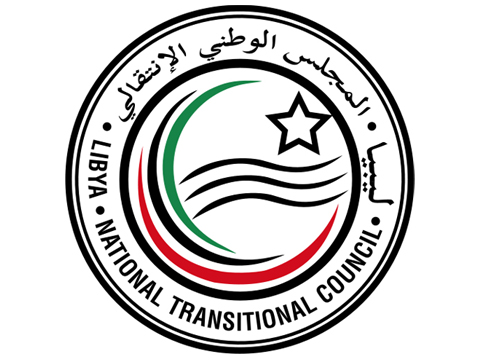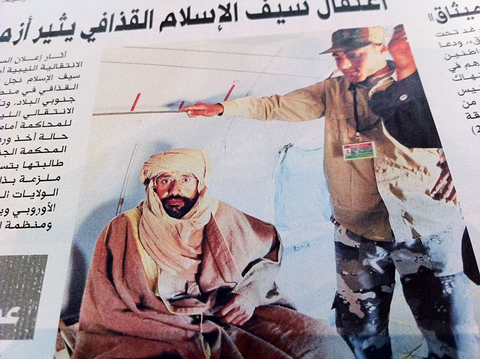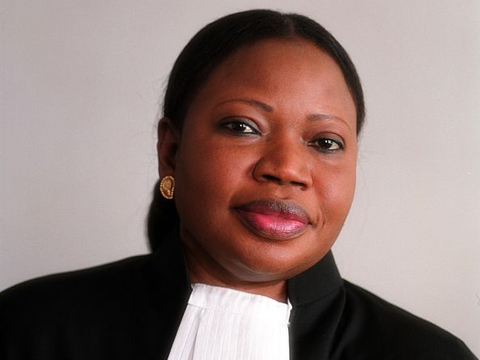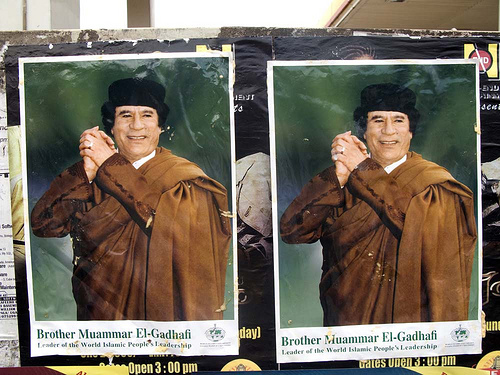
It comes as no surprise that human rights NGOs and those aligned with the International Criminal Court are advocating that Arab Spring states join the ICC. After all, justice and human rights have been central to the uprisings that sprang up last year. One Arab Spring state, Tunisia, already acceded to the Court last June.
In this context, as part of its Universal Ratification Campaign, the Coalition for the International Criminal Court (CICC) recently initiated a targeted effort to get Libya to join the ICC. The CICC, an impressive array of some 2,500 civil society organizations which broadly support the aims of the ICC, released a statement arguing that:



